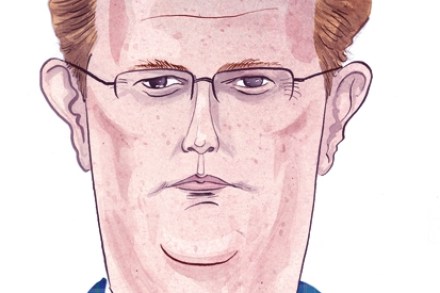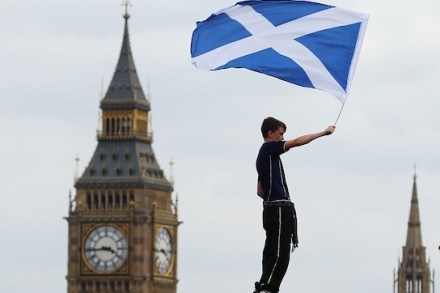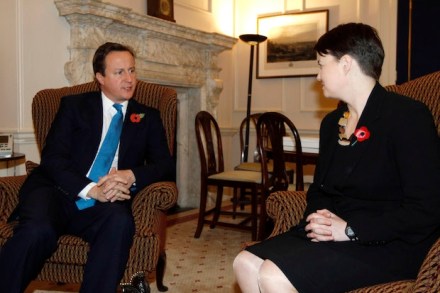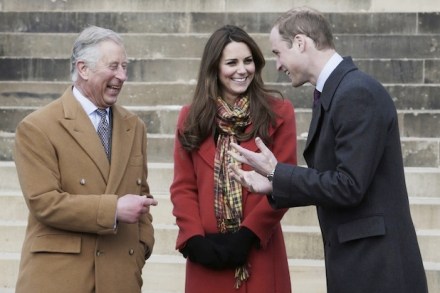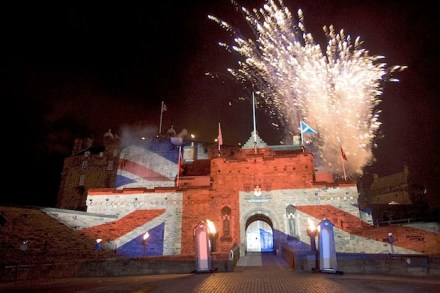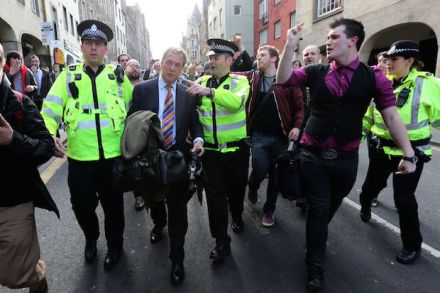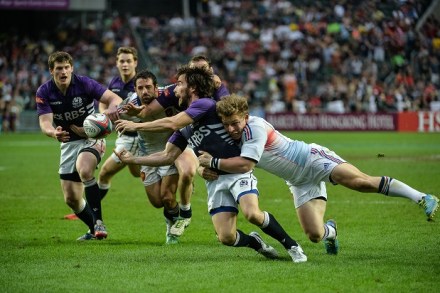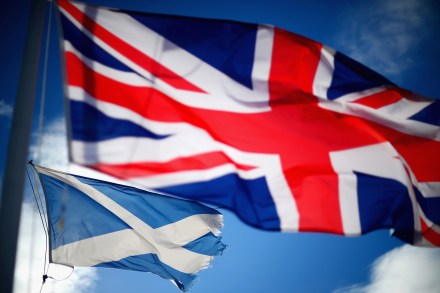The joy of Glenmorangie
Glenmorangie is the most accessible of malt whiskies. It is a gentle, almost feminine creature, with hints of spring flowers, chardonnay, eine kleine nachtmusik, wholly different from the lowering malts of the Outer Isles. With them, there is no question of hints, let alone Mozart. A blast of peat and iodine arrives to the skirl of the pipes: a mighty dram worthy of the sea-girt rocks among which it was cradled. Both have their place. I recently helped a friend polish off his last bottle of ’63 Glenmorangie. It had gained in depth, strength and subtlety. Should you possess any, our bottle was showing no scintilla of senescence. Its owner


